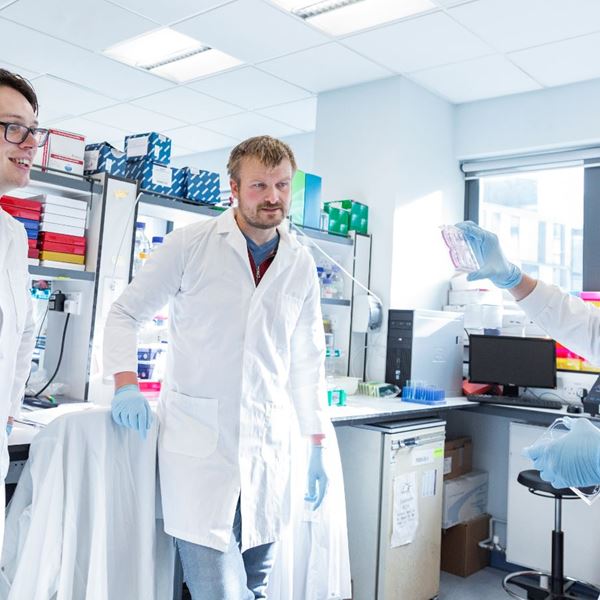How your support saves lives
Your support funds crucial research that will save lives. Thanks to Curestarters like you, we have invested £200 million in 2,000 research projects in 35 countries around the world since 1979.
The stories below are a testament to the power of bold discovery research when it comes to starting new cures. Discoveries like these will help us answer some of the biggest questions we have about cancer and take us one step closer to a day when no life is cut short by cancer. You can help us reach that day sooner.
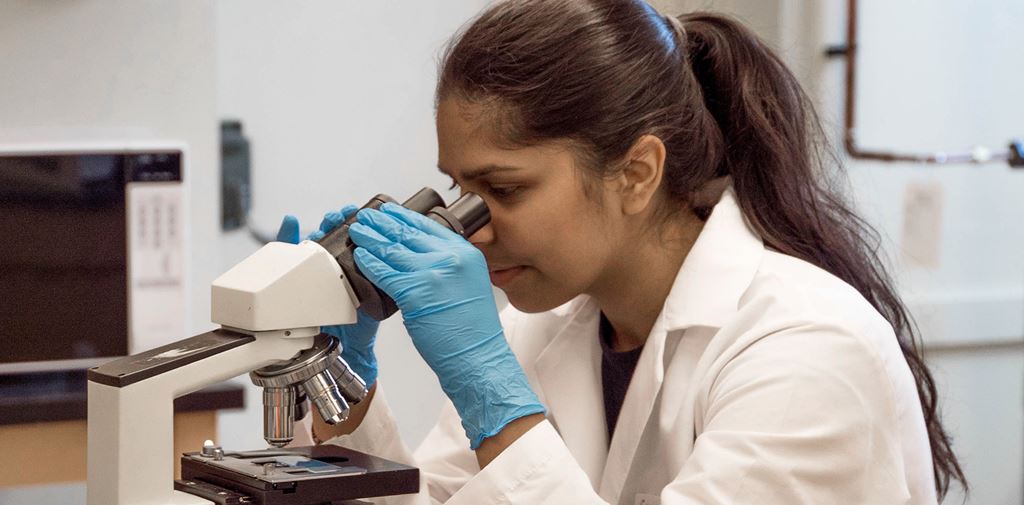
Our impact: Preventing bowel cancer with the psychiatric drug lithium
Professor Louis Vermeulen made a discovery that has led to the psychiatric drug lithium being tested in clinical trials to prevent bowel cancer.
01 July 2021Brand new type of drug enters clinical trials
Scientist: Dr Laura Soucek
Impact: Developed a brand new cancer drug which in 2021 began being tested in patients on clinical trials. The drug, called omomyc, has the potential to treat a wide range of cancers.
How you helped: Your support allowed us to fund Dr Soucek in 2013 to test omomyc in the lab as a cancer treatment. This research was key to getting omomyc approved for clinical trials where it is being used to treat people with cancer.
Read the full story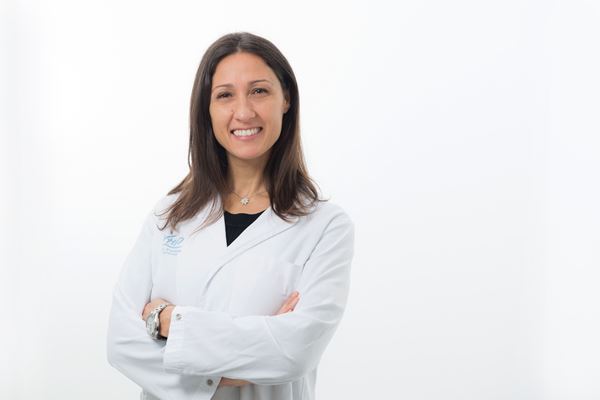
Clinical trials to stop bowel cancer coming back
Scientist: Professor Awen Gallimore
Impact: Started two bowel cancer clinical trials testing a new treatment approach that aims to destroy cancer cells that are left behind after surgery.
How you helped: Your support allowed us to fund Professor Gallimore to study the mechanisms that help cancer cells hide from the immune system. Her findings were key to setting up two clinical trials, which could lead to new life-saving treatments for people with bowel cancer.
Read the full story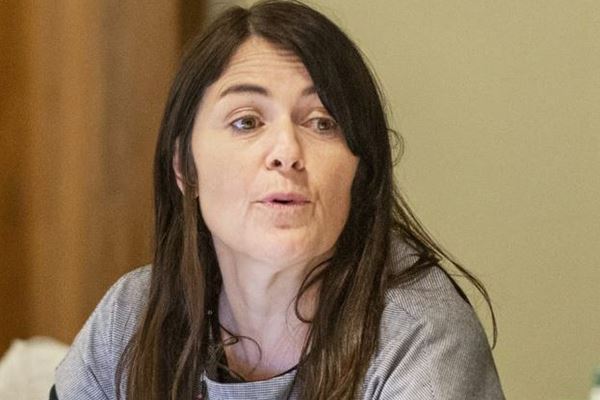
Preventing bowel cancer with a psychiatric drug
Scientist: Professor Louis Vermeulen
Impact: Discovered that lithium could stop cancer cells from developing in the gut and launched a clinical trial to test it in people with bowel cancer.
How you helped: Your support allowed us to fund Professor Vermeulen to understand why cancer cells are able to outcompete healthy cells in the gut. This research led directly to the launch of a clinical trial in the Netherlands to test a new way to prevent bowel cancer from developing.
Read the full story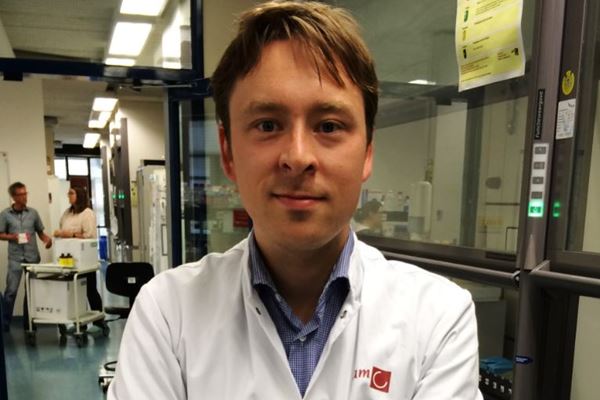
Thanks to research, cancer survival rates in the UK have doubled since the 1970s. One in two people diagnosed with cancer can now expect to survive for 10 years or more after their diagnosis.
Help us start new cancer cures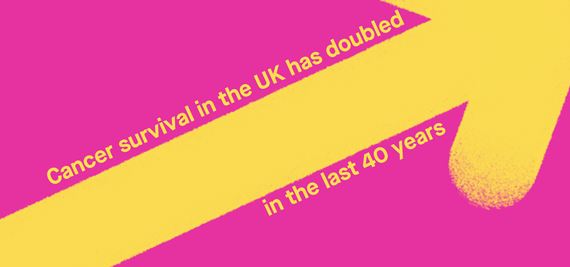
Olaparib has already helped 75,000 people
Scientist: Professor Steve Jackson
Impact: Discovered and developed a drug called olaparib - the first approved drug known as a PARP inhibitor. Olaparib is approved around the world for treating certain types of ovarian and breast cancer. Clinical trials are ongoing to test olaparib in many other cancer types.
How you helped: Your support allowed us to fund Professor Jackson throughout the 1990s to understand the fundamental biology of how cells repair damage to DNA. Through this research, Professor Jackson uncovered a new mechanism which was the basis for developing olaparib.
Read the full story
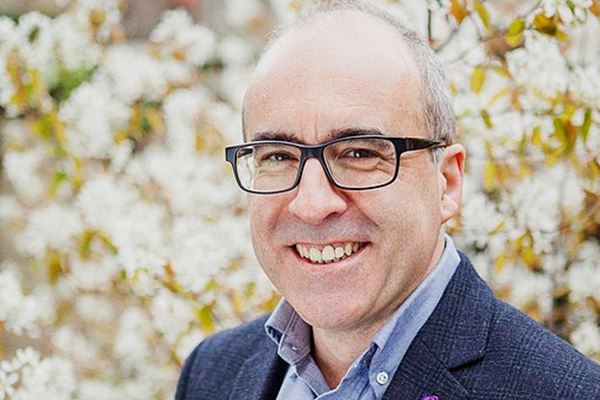
Finding a new use for the diabetes drug metformin
Scientist: Professor Dario Alessi
Impact: Discovered that the diabetes drug metformin could be used to prevent and treat cancer. This research has sparked over 100 clinical trials worldwide to test metformin against cancer.
How you helped: In 2001, our community of Curestarters helped to fund a project that led Professor Alessi down an unexpected path to studying cancer risk in people with type 2 diabetes, with surprising results - if you have type 2 diabetes and you are treated with the drug metformin, you’re less likely to get cancer.
Read the full story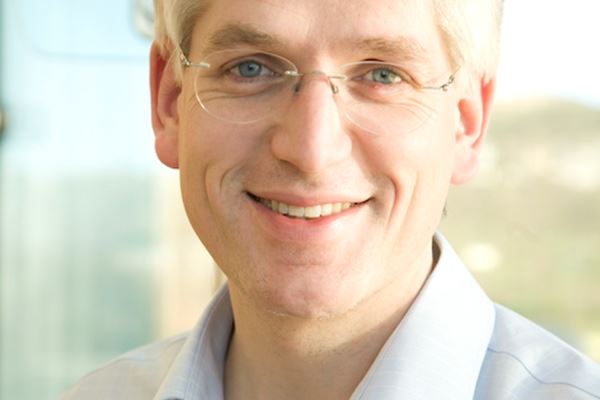
Developing a new type of immunotherapy
Scientist: Dr John Maher
Impact: Developed a brand new type of immunotherapy. John's unique CAR T-cell therapy is currently in clinical trials for head and neck cancer where it is already saving lives.
How you helped: In 2008, our community of Curestarters helped to fund a Dr Maher to lay the groundwork for developing a "living drug" that uses the patient's own immune system to destroy cancer cells. Within 5 years, John had made a crucial discovery that allowed his team to develop a brand new type of immunotherapy.
Read the full story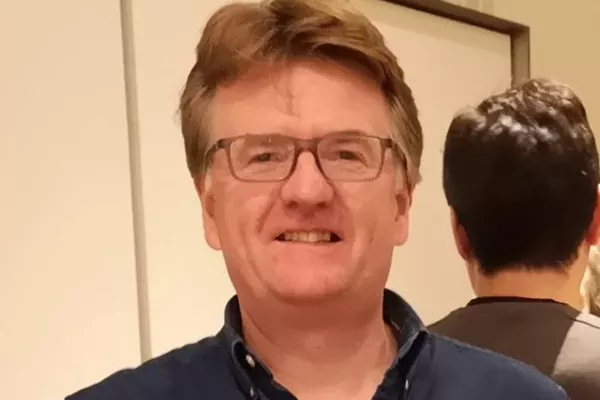
Building mini-tumours in the lab
Scientist: Professor Hans Clevers
Impact: Developed a technique that scientists are now using to grow miniature tumours in the lab from a patient’s own cancer cells, opening the door to personalised medicine.
How you helped: In 1999, our supporters helped us to fund a project that led to the development of a new technique in the lab that allows scientists to grow “mini-tumours” from a patient’s own cancer cells. Growing these so-called cancer " organoids" has allowed scientists to study in detail the complex biology of tumours as well as demonstrating how organoids can be used to select the most appropriate treatment for someone with cancer - opening the door to personalised medicine.
Read the full story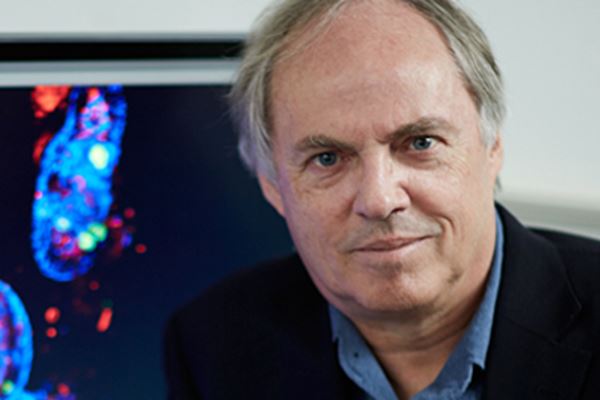
Diagnosing rare genetic diseases
Scientist: Professor Kevin Hiom
Impact: Discovered a gene which is now used to help accurately diagnose a rare genetic disease called Fanconi anemia - a disease that is linked to a number of developmental disabilities, as well as an increased likelihood of developing cancer
How you helped: Your support allowed us to fund Professor Hiom in 2004 to understand more about a fundamental process that keeps us healthy – DNA repair. Through this research, Professor Hiom discovered a new gene which was then found to be a genetic marker for Fanconi anemia.
Read the full story
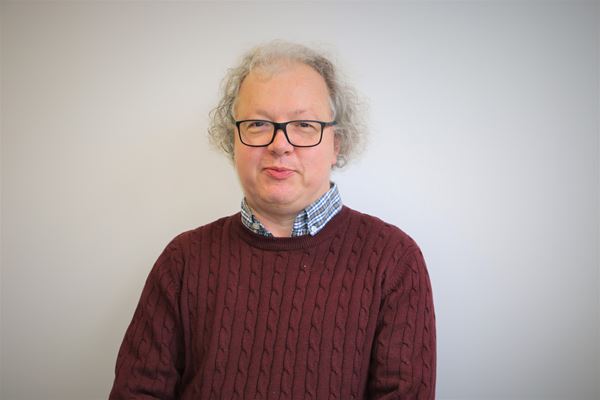
Developing a pioneering new laser therapy
Scientist: Professor Stephen Bown
Impact: Propelled a laser therapy called photodynamic therapy from the lab into the clinic. Photodynamic therapy is now available as a treatment option for patients with some types of cancer.
How you helped: In the 1980s and early 1990s, we funded several projects led by Professor Stephen Bown, which allowed him to propel a laser therapy called photodynamic therapy from the lab into the clinic. Photodynamic therapy is now available as a treatment option for patients with some types of cancer. And it can even lead to a cure for some people if used early enough.
Read the full story
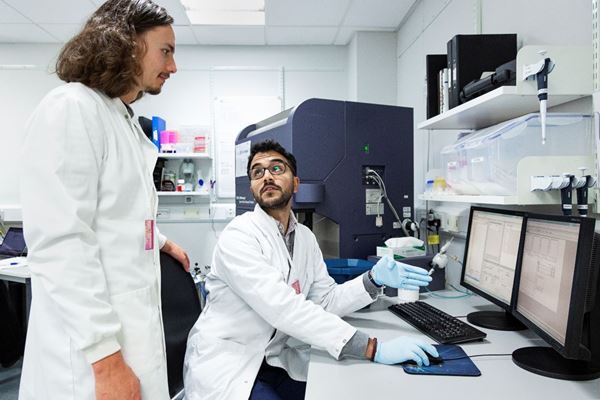
Developing new blood cancer drugs
Scientist: Professor Mark Cragg
Impact: Contributed to the journey of a targeted cancer drug, which is now available as a treatment option for people with blood cancer.
How you helped: In 2004, we funded a project led by Professor Mark Cragg at the University of Southampton to further our understanding of how drugs could be used to target and destroy cancer cells. His research uncovered important information that contributed to the journey of a targeted cancer drug, which is now available as a treatment option for people with blood cancer.
Read the full story
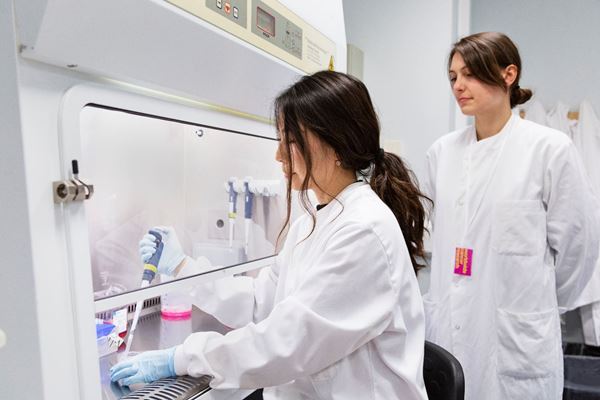

Weekly lottery - play now for a chance to win big every week
Most read
How dietary fats help cancer to spread around the body
Researchers in Spain have discovered how fats found in palm oil can help cancer spread and have developed new drugs to stop it from happening.
10 November 2021
I celebrated my two-year cancer-free milestone and I'm looking forward to the future
Eilidh was just 14 when she was diagnosed with cancer for the first time. Now cancer-free, she's raising awareness for the need for more cancer research.
I can’t bear the thought of losing yet another loved one to cancer
When Rachel was young, she was told that her auntie had been really ill with something called cancer. This is her story of how her family has been impacted by the disease.
It's thanks to cancer research that I have a future to look forward to with my family
After losing his dad and both grandfathers to cancer, Jack was naturally terrified to be diagnosed with testicular cancer.

